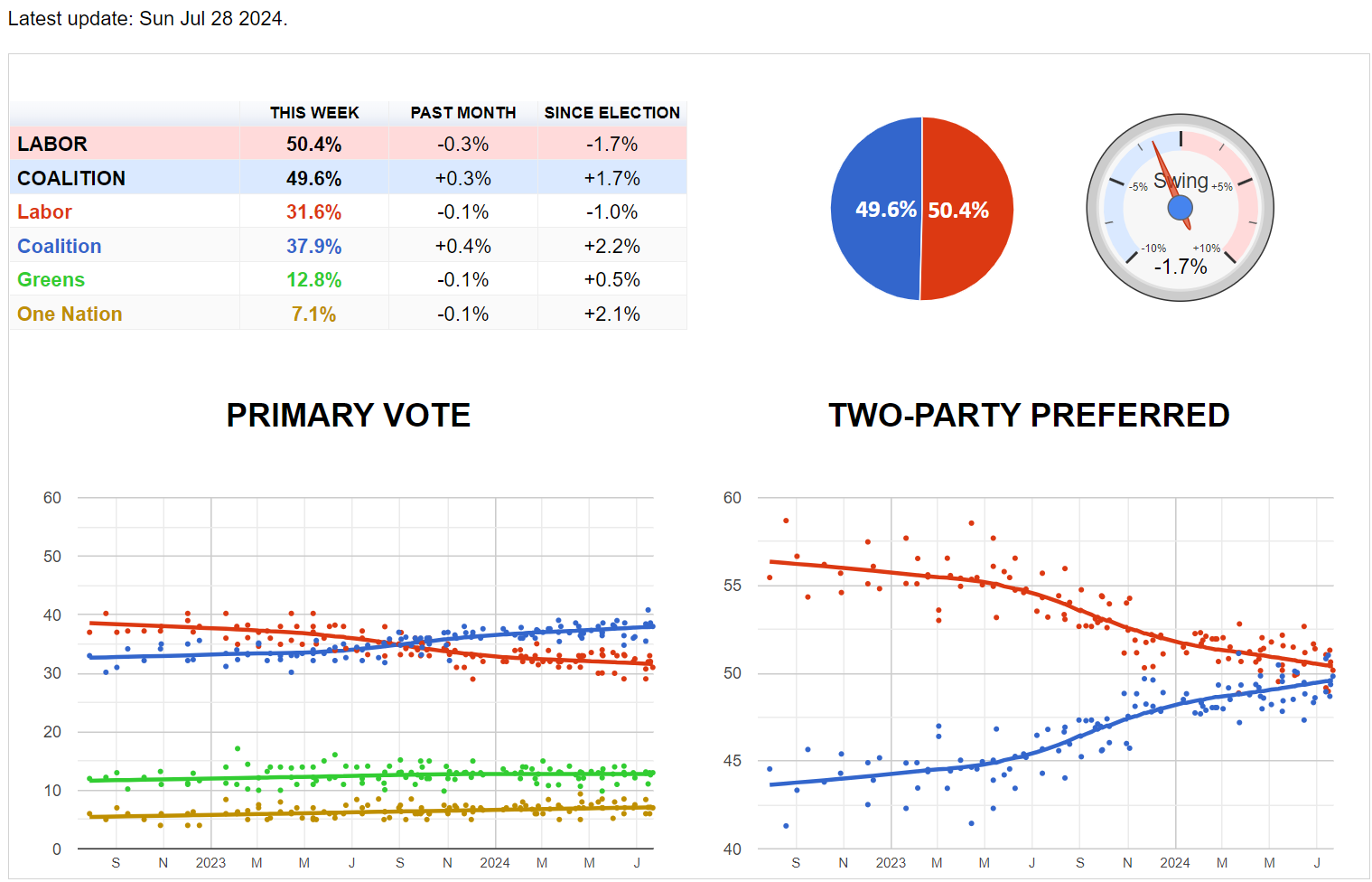You have got to love contemporary politics. Whenever it sees popularity diving on bad policy, it always assumes it is the messaging that is the issue.
If you’re just catching up, on Sunday Albanese announced Clare O’Neil and Andrew Giles were being removed from the troubled Home Affairs and Immigration portfolios and put in Housing and Skills and Training respectively. Elsewhere, NT Senator Malarndirri McCarthy was named as the new Indigenous Australians minister, Murray Watt the minister for Employment and Workplace Relations, Julie Collins moves to Agriculture, Pat Conroy is the minister for Defence Industry and Capability Delivery, and International Development and the Pacific, and Jenny McAllister, was named the minister for Cities and the minister for Emergency Management.
The real winner in all of this is Tony Burke, whose job title is now nice and easy: minister for Home Affairs; minister for Immigration and Multicultural Affairs; minister for Cyber Security; minister for the Arts; and leader of the House.
Is Tony Burke the new ScoMo, to run every portfolio? How ludicrous.
The issue is not messaging, it is Albo’s policy platform aimed at lowering living standards:

It appears a Greens minority government is all but certain, if Albo can win at all.
Amusingly, it is the Dutton Opposition that is now Albo’s greatest ally, with its own policy screw-up of nuclear power doing the heavy lifting.
Perhaps Petey needs a reshuffle too.

